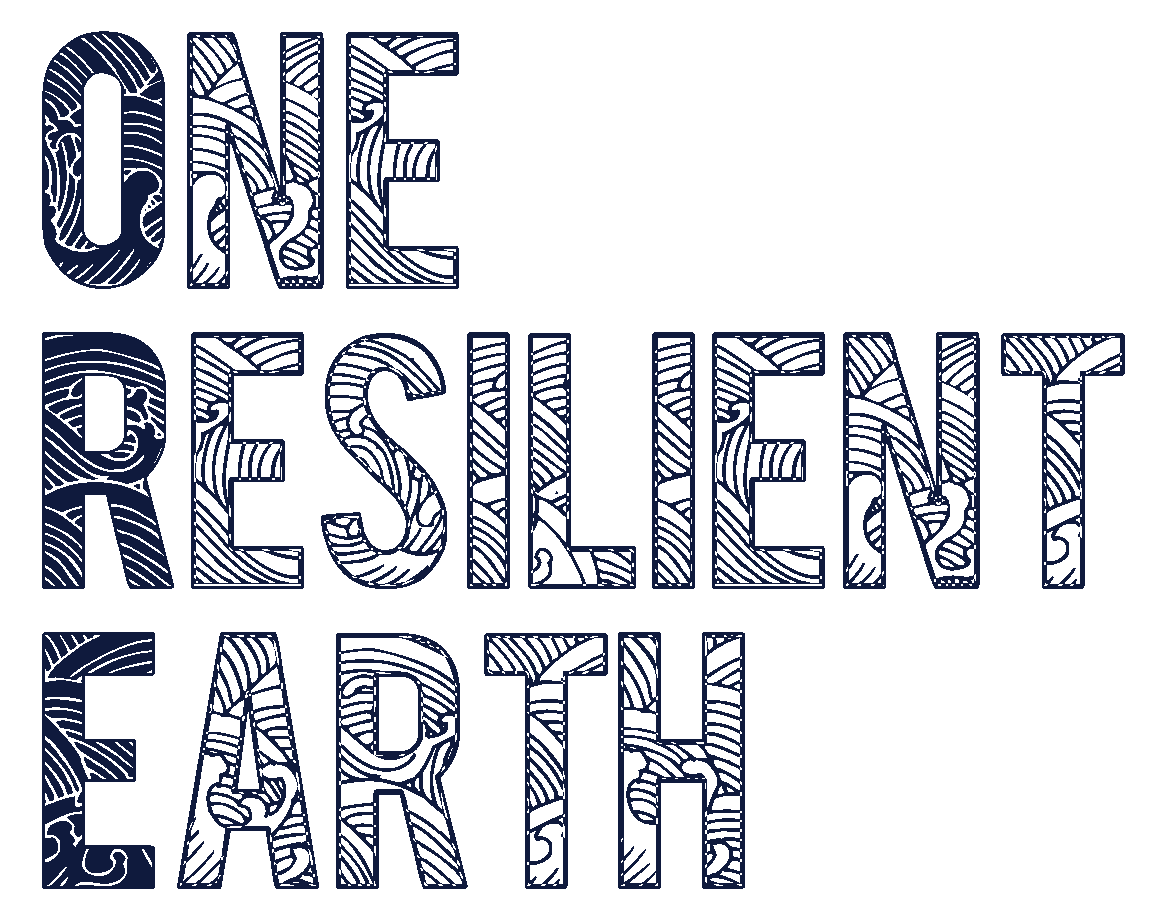A collaboration between the Centre for Local Prosperity and One Resilient Earth to design and facilitate a series of virtual workshops on transformative climate resilience and green recovery.
From May to June 2020, One Resilient Earth was invited to help design and facilitate a virtual Thinkers Retreat on Pandemic, climate crisis and the uncertain future of local communities in Atlantic Canada, as part of a collaboration with the Centre for Local Prosperity, in Saint Margarets Bay, Canada.
During seven weeks, a group of 10-15 thinkers and guest thinkers met online twice a week, and shared perspectives from fields as diverse as art, organic agriculture, education, architecture, energy efficiency & climate mitigation, meditation, psychology, human rights, faith & religion, indigenous knowledge, activism, entrepreneurship and community action. Atlantic Canada’s youth and indigenous groups were represented in the discussion.
The thinkers shared about existing local initiatives, and dived into addressing the following questions:
- How can we co-create a vision for Atlantic Canada, which would address the challenges made apparent by the coronavirus crisis, and foster resilience to climate change?
- How do we cope with climate grief, eco-anxiety and solastalgia? How can communities in Atlantic Canada create safe spaces for people to process climate trauma and other sources of stress related to climate change?
- Through which practices can we foster individual and collective processes of (re-)connection to the Earth? What can we learn from indigenous wisdom and indigenous people’s relationship to the Earth?
- How can we address the spiritual dimensions of the climate crisis? Which local resources are available to foster deep listening, engage in social and environmental initiatives, as well as support the creation of compassionate communities?
- How can local communities regain agency to provide for their most basic needs, including food, water, shelter and energy?
- How can we best re-localize the production of economic goods and services while building resilience in Atlantic Canada? What are the opportunities for resilient, regenerative and distributive growth or prosperity locally?
- Is Atlantic Canada ready to respond to both internal and international population displacements associated with adverse climate change impacts? Which institutional, educational and other support systems should be established to enhance preparedness?
- How can mapping and other technologies help communities make the most of their existing natural, social and cultural assets to enhance resilience in a climate altered world?
- How can local governments best respond to the climate crisis in Atlantic Canada? Which innovative ideas and transformative initiatives could be implemented today to address long-term climate impacts such as sea level rise?
- What is the indigenous perspective on environmental racism and climate justice? How can local communities address environmental racism and achieve climate justice in a spirit of co-learning and collaboration?
Following this virtual Thinkers Retreat, the Centre for Local Prosperity produced a publication compiling the final vision, insights and resources gathered through the open dialogue. The publication titled Atlantic Canada: Conversations on an Uncertain Future is made available to local governments and communities in Atlantic Canada, with the aim to share knowledge, trigger new questions, inspire local action, and spur a transformative resilience movement across the region.
Further information regarding the virtual Thinkers Retreat can be found here.

In the nineteen-seventies emerged the interesting idea of oasis for experimenting new ecological ways of life. If you combine this with the method of action research and a rhizomic connection between the different oasis – for mutual learning and assistance – you would have a performant social form founded on autonomy, knowledge and competency development and possible integration into a community of communities without any iron cage of ideology.